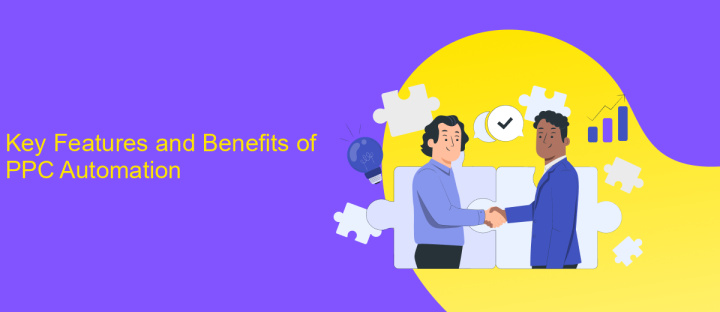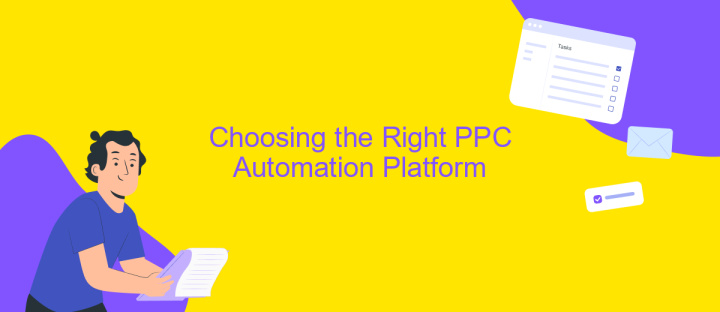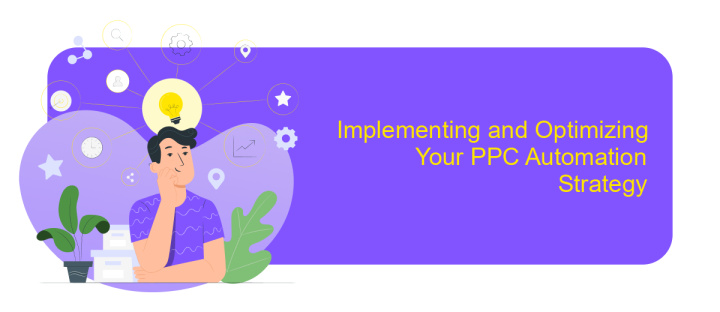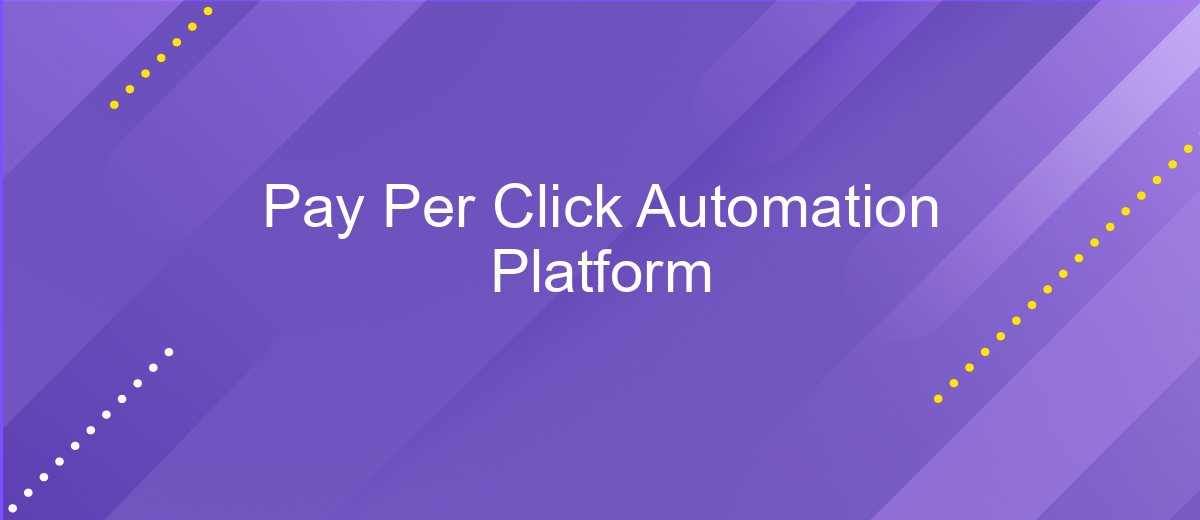Pay Per Click Automation Platform
In today's fast-paced digital marketing landscape, businesses are increasingly turning to Pay Per Click (PPC) automation platforms to optimize their advertising efforts. These platforms streamline campaign management, enhance targeting precision, and maximize ROI by leveraging advanced algorithms and machine learning. As competition intensifies, embracing PPC automation is no longer a luxury but a necessity for businesses aiming to stay ahead and efficiently allocate their marketing budgets.
Introduction to PPC Automation Platforms
Pay Per Click (PPC) automation platforms have revolutionized digital advertising by streamlining the management of online campaigns. These platforms leverage advanced algorithms and machine learning to optimize ad performance, reduce manual intervention, and maximize return on investment. By automating repetitive tasks, businesses can focus on strategic planning and creative development, ensuring that their advertising efforts align with broader marketing goals.
- Automated bid management adjusts bids in real-time to achieve optimal ad placement.
- Dynamic ad creation generates personalized ads based on user behavior and preferences.
- Performance tracking and reporting provide insights into campaign effectiveness and areas for improvement.
- Budget optimization ensures efficient allocation of resources across multiple campaigns.
- Keyword management automates the addition, removal, and adjustment of keywords for better targeting.
In a competitive digital landscape, PPC automation platforms offer a significant advantage by enhancing efficiency and precision. They empower marketers to make data-driven decisions, reduce costs, and improve the scalability of their campaigns. As technology continues to evolve, these platforms will become increasingly sophisticated, providing even more opportunities for businesses to connect with their target audiences effectively.
Key Features and Benefits of PPC Automation

PPC automation platforms streamline the management of pay-per-click campaigns, enhancing efficiency and precision. One key feature is automated bidding, which adjusts bids in real-time based on performance data, ensuring optimal ad placement. This reduces manual effort and increases return on investment. Another significant feature is advanced targeting, allowing marketers to reach specific audiences through machine learning algorithms that analyze user behavior and preferences. This leads to higher conversion rates and more effective ad spend.
Integrating PPC automation with other marketing tools is seamless with platforms like ApiX-Drive, which facilitates easy connections between various services. This integration capability allows for synchronized data flows, ensuring consistent and up-to-date information across all marketing channels. Additionally, automated reporting provides valuable insights into campaign performance, enabling data-driven decisions without manual data crunching. Overall, PPC automation platforms save time, reduce errors, and enhance campaign effectiveness, empowering marketers to focus on strategic growth rather than tedious management tasks.
Choosing the Right PPC Automation Platform

When selecting a PPC automation platform, it’s crucial to align the tool’s capabilities with your business goals and advertising needs. A well-chosen platform can streamline your campaigns, enhance performance, and save valuable time and resources. However, the abundance of options can make the decision daunting. To simplify the process, consider the following key factors.
- Ease of Use: Ensure the platform has a user-friendly interface that allows for easy navigation and campaign management.
- Features and Flexibility: Look for features such as automated bidding, ad creation, and performance tracking, ensuring they meet your specific requirements.
- Integration Capabilities: The platform should seamlessly integrate with your existing tools and systems for smooth data flow and analysis.
- Cost-Effectiveness: Evaluate the pricing structure to ensure it aligns with your budget while providing value through its offerings.
- Customer Support: Reliable customer support can be invaluable, especially during the initial setup and troubleshooting phases.
By carefully considering these factors, you can choose a PPC automation platform that not only meets your current needs but also scales with your business as it grows. The right platform will empower you to optimize your advertising efforts, driving better results and maximizing return on investment.
Implementing and Optimizing Your PPC Automation Strategy

Implementing a PPC automation strategy begins with a clear understanding of your campaign goals and target audience. Start by selecting a reliable automation platform that aligns with your business objectives. Customize the platform settings to match your specific needs, ensuring that your ads reach the right audience at the right time.
Next, it's crucial to continuously monitor and optimize your PPC campaigns. Automation doesn't mean a set-it-and-forget-it approach. Regularly analyze performance data to identify trends and areas for improvement. Make adjustments to bidding strategies, ad copy, and targeting parameters based on insights gained from the data.
- Define clear goals and KPIs for your PPC campaigns.
- Select a suitable PPC automation platform.
- Customize settings to align with your objectives.
- Regularly monitor and analyze campaign performance.
- Adjust strategies based on data-driven insights.
By effectively implementing and optimizing your PPC automation strategy, you can enhance your advertising efficiency and achieve better ROI. Stay proactive and adaptable, ensuring that your campaigns remain aligned with evolving market trends and consumer behaviors. This approach will maximize the impact of your PPC efforts.


Future Trends in PPC Automation
The future of PPC automation is set to be driven by advancements in artificial intelligence and machine learning. These technologies will enable more precise targeting and optimization of ad campaigns, allowing marketers to achieve better results with less manual intervention. As AI algorithms become more sophisticated, they will be able to analyze vast amounts of data in real-time, identifying patterns and trends that can be leveraged for more effective ad placements and budget allocation. This will lead to a more personalized advertising experience for users, increasing engagement and conversion rates.
Another significant trend in PPC automation is the integration of various marketing platforms and tools. Services like ApiX-Drive are paving the way for seamless integration, allowing businesses to connect their PPC campaigns with CRM systems, analytics platforms, and other marketing tools. This interconnectedness will enable marketers to have a holistic view of their campaigns, making data-driven decisions more efficiently. As automation platforms continue to evolve, we can expect even greater levels of integration, providing marketers with powerful, unified solutions to drive their digital advertising strategies forward.
FAQ
What is a Pay Per Click (PPC) Automation Platform?
How does PPC automation improve campaign performance?
Can I integrate a PPC Automation Platform with other marketing tools?
What types of businesses can benefit from PPC automation?
Is PPC automation difficult to set up?
Apix-Drive is a simple and efficient system connector that will help you automate routine tasks and optimize business processes. You can save time and money, direct these resources to more important purposes. Test ApiX-Drive and make sure that this tool will relieve your employees and after 5 minutes of settings your business will start working faster.

